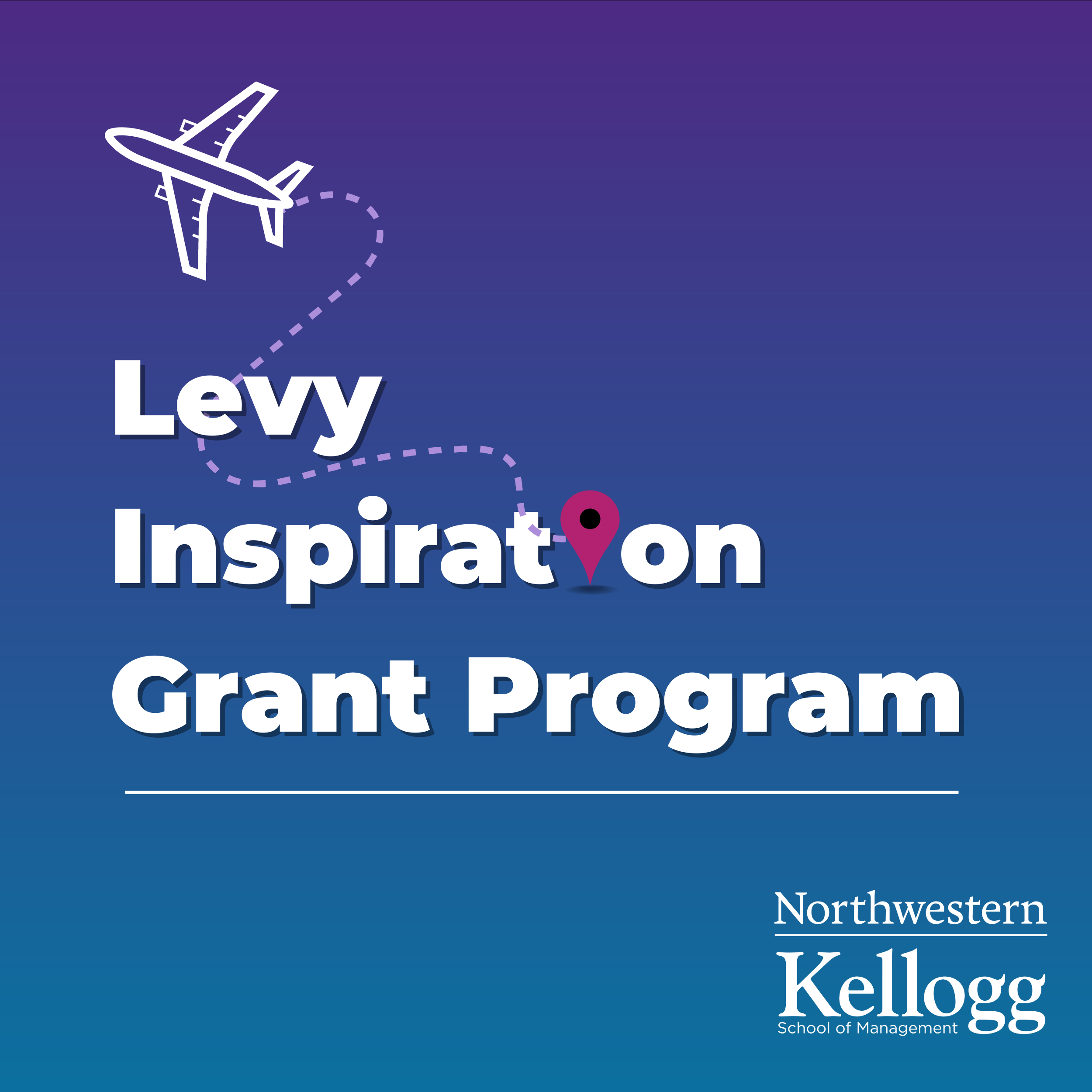Episode Transcript
During his study abroad quarter, Aniket fell in love, not with a person, but with the country of Argentina itself. Full of energy and inspiration, he decided to use his background in data and analytics to see if he could find a way to help small businesses in Argentina grow faster by using software to make better decisions. While there, he witnessed some of the challenges they faced and made his own pivots along the way, leading him in a direction that he didn't initially anticipate. This is his Inspiration Grant story.
While taking classes or growing up, I just saw there was like an endless potential about software, which was really cool. It's something that you can kind of see immediate results very quickly in, and I naturally gravitated towards being able to make these kinds of solutions really quickly. I got a chance to go abroad in Argentina and it was really cool to see that 99.5% of businesses there were like small, medium, or micro sized businesses.
The initial thought process was, okay, what are some areas that we can help, small, medium businesses maybe there can be a platform, like a general solution in terms of analytics or data to help these kinds of businesses grow. Is there a competitive advantage for an Argentinian company, a local company, to do that as opposed to the mega tech giants of the world? And so that was my thought process, was to see, okay, is there competitive advantage to knowing Argentina better than the giants of the world to solve these kinds of problems?
The way I approached this in general was not to look at it from a solutions perspective, but just to understand the problems. Before even any of this, I underestimated how difficult this kind of problem would be. I came in with initial hypotheses and goals and I took a sudden direction change that I did not even anticipate coming. I came in with the hypothesis that maybe data is a way that we could level-set the playing field and maybe help businesses grow. The deeper thing that I learned was how insane taxes are.
There's just thousands of different taxes in Argentina. On top of all those different types of taxes, there are different niches and different areas for every business, different rates, taxes are paid monthly at times, not just yearly, so different cadences. So this was the big "aha" moment for me was, there's such a huge opportunity of making taxes easier and more visible and more transparent in a way that it can be better for businesses.
Some areas of opportunity that I saw to help businesses with their taxes are integration of all the systems. So making sure they're talking to each other nicely and that there's like a source of truth for all of these systems. The other thing is just increased visibility. I think a lot of the times, a lot of businesses, what I've seen is it's like a black box. You give it to your accountant and then the accountant handles it and says, okay, you need to pay this much tax. But seeing exactly how this interferes with your cash flow, I think can help solve that problem.
Right now, accountants are way too overworked. I think each accountant on average has like five businesses that they're doing and a lot of these small, medium businesses don't have enough staff or don't have enough revenue to have their own accounting team. So if there's any way to make our accountants more efficient with their time and to be more streamlined, especially with the dynamic processes and taxes in Argentina, that can make a huge difference.
It's funny 'cause taxes are boring. and they are like, I don't get me wrong, taxes are boring. But it is fun to make companies more profitable and it is fun also to solve problems. I think in order to do this problem justice, it might take somebody with more domain knowledge of taxes. Maybe an opportunity might not be for me to go at it alone, but to have a partner in Argentina, potentially somebody who is more focused on that domain knowledge of taxes and accountants, I think together we can make a really big difference.
Something that was a rude awakening to me was sometimes we're so caught up in just the opportunities with the big names that we hear, the Googles or the Facebooks or the BCGs, McKinseys of the world that we lose sight that there are the same levels of opportunity and perhaps bigger areas of impact in other parts of the world. Every country has a lot of entrepreneurship, but 70% of Argentina's employment comes from these kinds of businesses, in the United States, it's more like 40%. What this means is that the health of these small, micro and medium businesses is directly relational to the health of the people there. I got to learn from the people on the street that I met. I got to learn from some businesses that we met. It was a really cool way to just deepen my relationship and my love for Argentina and also kind of to give back in some way because I felt like I got so much from them and I think it was an opportunity to put some energy back into the country.
The Levy Inspiration Grant Program is made possible through the generous support of Larry and Carol Levy and is managed by the Entrepreneurship program at the Kellogg School of Management at Northwestern University. To learn more about the Levy Inspiration Grant Program and other ways we support student entrepreneurs, visit our website at kellogg.northwestern.edu.

